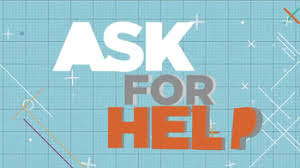It was a trip, that presentation, taking me through the dark corners of my life in the last fifteen years. With Herman as my guide, I also traveled through the progress I have made, considerable progress.
[It's still possible to register for The Healing Conference, now with two for one pricing. Recordings of the presentations will be available through 2021.]
The first half of the book begins the history of the concept, beginning with what was called shell shock in World War I through to Post-Traumatic Stress Disorder, PTSD in Viet Nam, along the way picking up other traumas, sexual violence and captivity.











